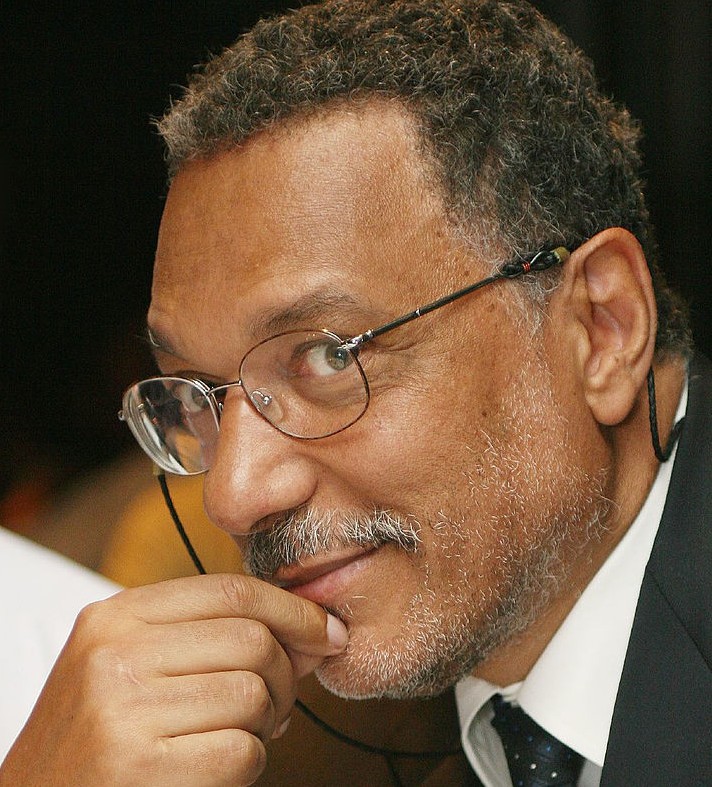
Want to read Dr. Daniel Pauly's PhD thesis? This FCRR contains the 1979 dissertation, but with minor typographical errors corrected and tables and figures reorganized for clarity.

Action Canada selects emerging leaders from across Canada to become Fellows. They represent all sectors, including business, NGOs, science, government and academia. What they share in common is a commitment to Canada and a demonstrated engagement with public policy.

Tags: awards, biodiversity, Brian Hunt, British Columbia, eDNA, environmental DNA, faculty, IOF students, Pelagic Ecosystems Lab, Research, zooplankton, Zooscan
The award will fund a project to provide high resolution zooplankton biodiversity data by integrating eDNA, and the Zooscan imaging system, to establish a biodiversity benchmark for the wider BC coast.

Tags: Project Seahorse, UBC
The 14th edition of UBC Vancouver’s Faculty & Staff Sports Day had faculty and staff from a variety of units represented at the event. Project Seahorse fielded the only IOF team.

A new study has confirmed a long-held assumption: that orcas take just one breath between dives.
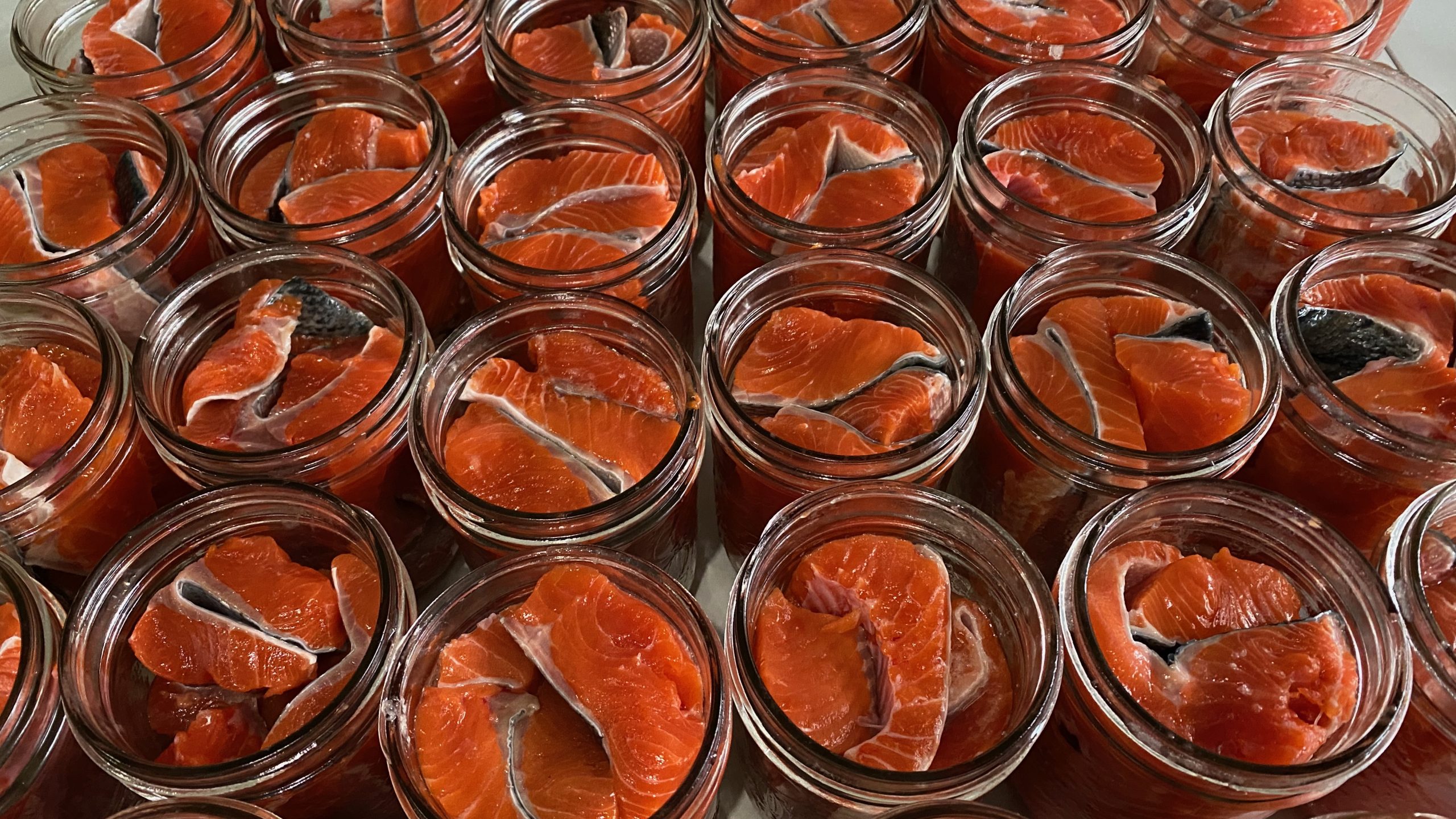
Tags: Aboriginal fisheries, Andrea Reid, British Columbia, Centre for Indigenous Fisheries, CIF, Indigenous conservation, Indigenous fisheries, Indigenous history, Indigenous Knowledge, IOF postdoctoral fellows, Sara Cannon
A collaborative study examined the concept of Indigenous data sovereignty in the context of salmon-bearing ecosystems in BC. The authors argue that successful conservation in the face of cumulative effects and climate change will require scientists to respect and incorporate Indigenous data sovereignty.
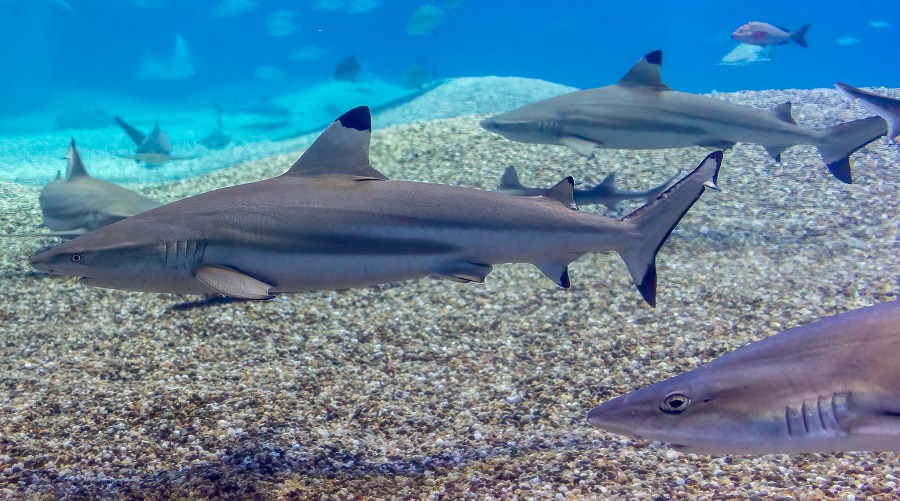
Tags: Daniel Pauly, fishing pressure, IOF students, rays, reproduction, Research, Sea Around Us, sharks, urea
Researchers found that high urea concentrations common in cartilaginous fish, particularly oviparous marine species, allow them to mature and begin to reproduce at a larger fraction of their maximal size.
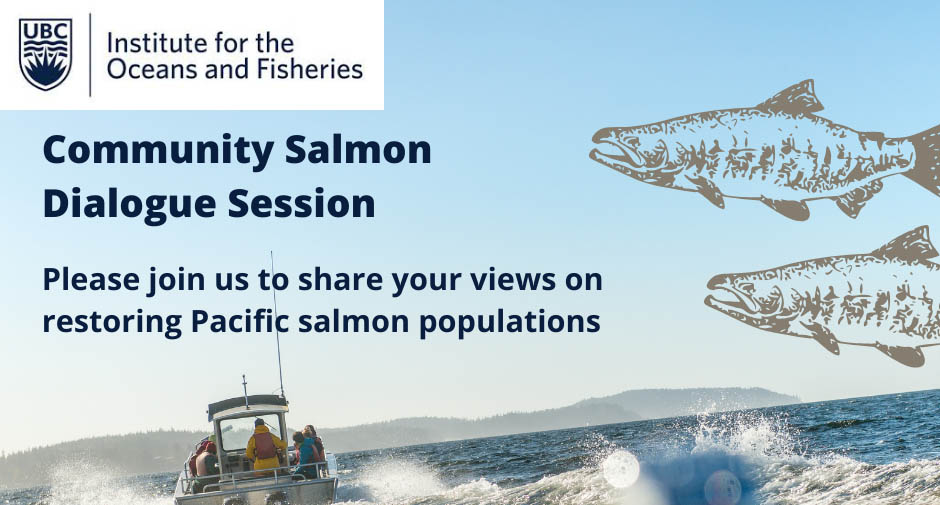
Tags: British Columbia, salmon
Have ideas on how to rebuild and restore Pacific salmon populations? IOF will host 14 Community Salmon Dialogues across BC seeking input from all community members about the future of Pacific salmon. Join us at one of these events.
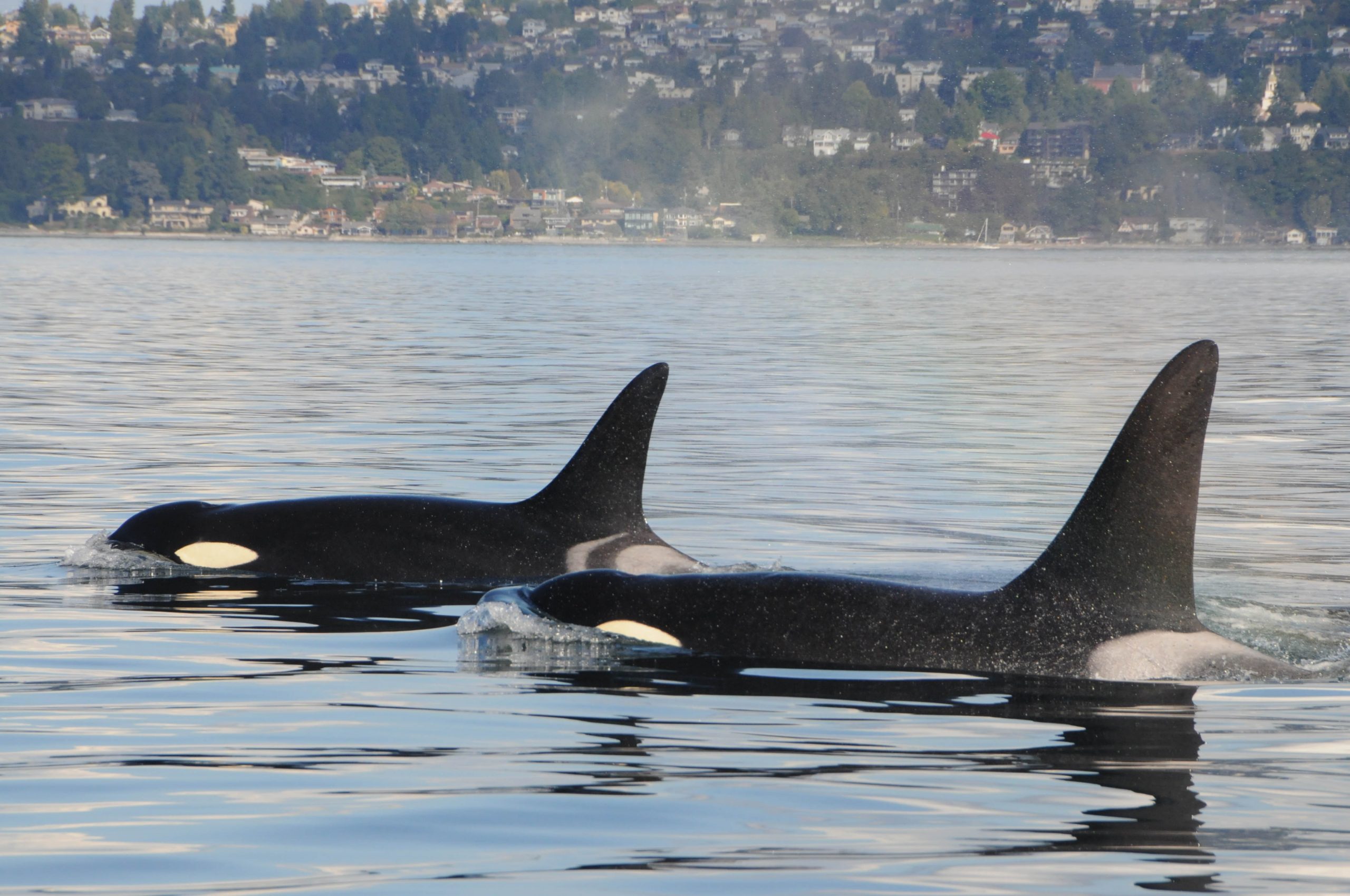
Tags: Carl Walters, IOF alumni, IOF students, killer whales, marine mammals, orca, Pacific, Pacific Ocean, pinnipeds, Research, salmon, sea lions, seals, walrus, whales
There are currently 74 Southern Resident killer whales, and this population is listed as endangered in both Canada and the U.S. The species relies on Pacific salmon (Chinook and coho) for food, however these salmon populations have been decreasing for decades.

Tags: Africa, coastal countries, coastline, finance, fishers, fishing fleets, IOF Research Associates, least developed countries, Louise Teh, low-income fishers, nutrition, Pacific Islands, poverty, Rashid Sumaila, Research, subsidies
Not only a cheap and accessible food source, fish is also a source of income for low-income fishers working in fisheries. However, relying on fish is becoming a risky gamble.